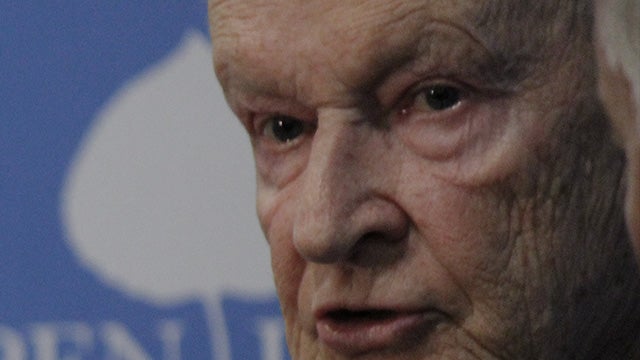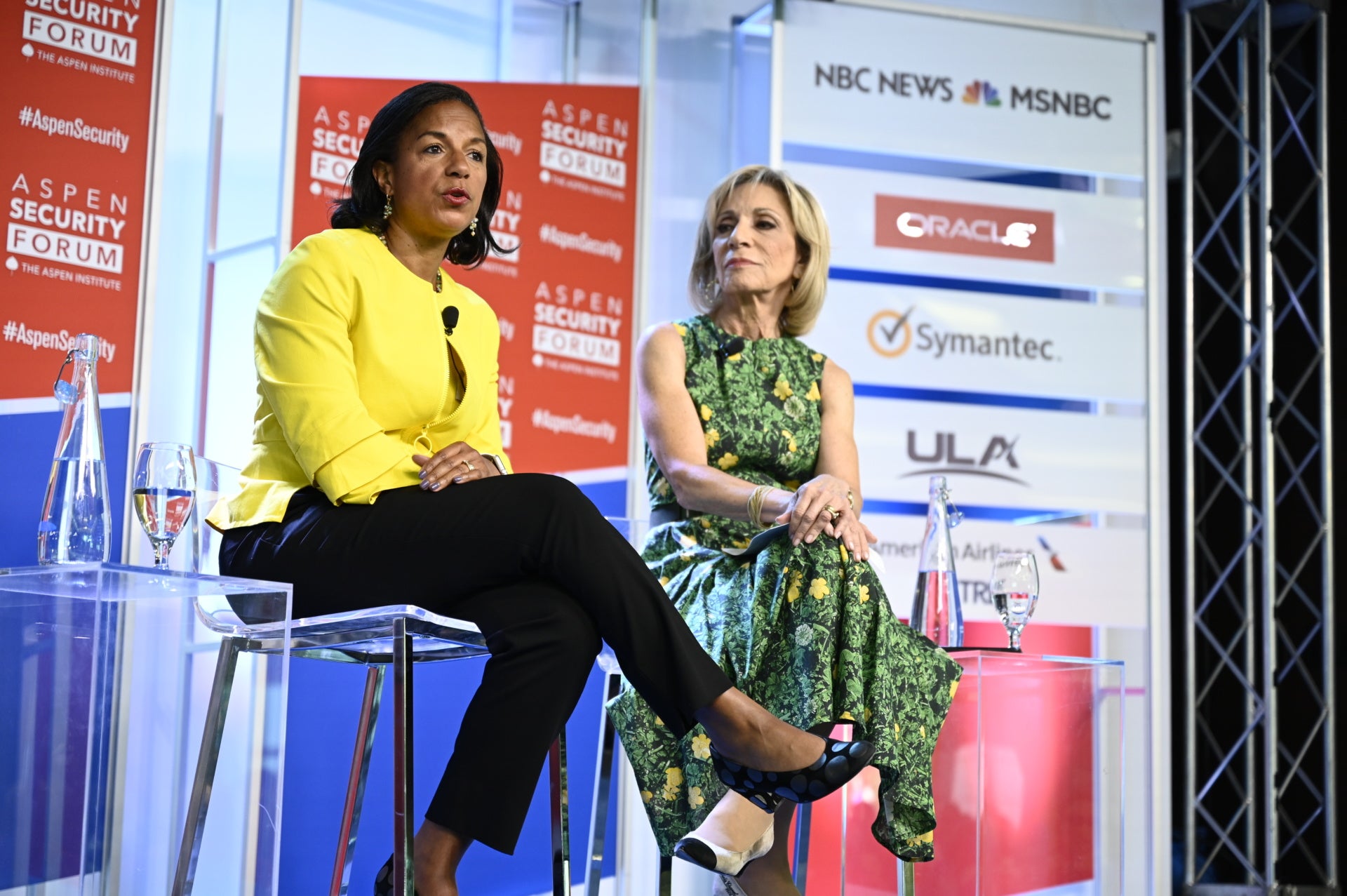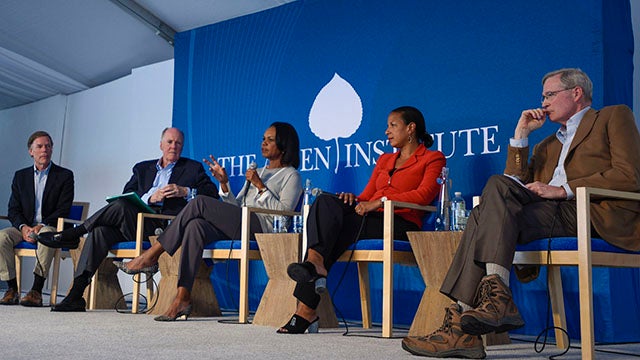John Bolton, through dismissal or resignation (depending on who you ask), is no longer White House national security advisor. As the president looks for Bolton’s replacement, that decision will be his alone. The position doesn’t require confirmation by the Senate. It seems important to for the public to know what a national security advisor is meant to do. We’ve collected some thoughts on the position from women and men who once held it.
The Aspen Institute is fortunate to have hosted several former NSAs on our stages. They have contributed to frank discussions about the current state of America’s stature in the world. In recent talks, they’ve also described unique challenges of the national security advisor job under President Trump.
President Obama’s last security advisor, Susan Rice, sat down for a conversation with NBC’s Andrea Mitchell at the 2019 Aspen Security Forum. Speaking of the position under Trump, she said, “It seems that the national security advisor is engaging bilaterally with the various cabinet colleagues and limiting the opportunities for collective decision-making and collective assessments of the challenges.” In administrations past, the goal was “airing all the various issues and presenting all of the principals’ views faithfully and fully to the president.”
Just a year earlier, the Aspen Strategy Group convened, and opened with a panel discussion featuring four people who had held the position in previous administrations: the aforementioned Susan Rice along with Condoleezza Rice and Stephen Hadley of the George W. Bush administration and Thomas Donilon, who served under both Obama and President Clinton. That 2018 panel delved into what was turning out to be an unorthodox — and, some argued, a destabilizing — approach to foreign policy on the part of the Trump administration. A report on that discussion is available here, with video clips of notable moments cataloged here. This event was a reprise of one a year earlier, which featured the same panelists.
The Institute has also hosted former national security advisors Henry Kissinger and Zbigniew Brzezinski.
Brzezinski’s talk, delivered in 2012, is ominously prescient. “Our foreign policy can only be as intelligent as our public’s capacity to understand it,” he said. The goal for this White House, in its search for a fourth National Security Advisor, should be the selection someone who can help America — and its president — understand the challenges we are facing.




